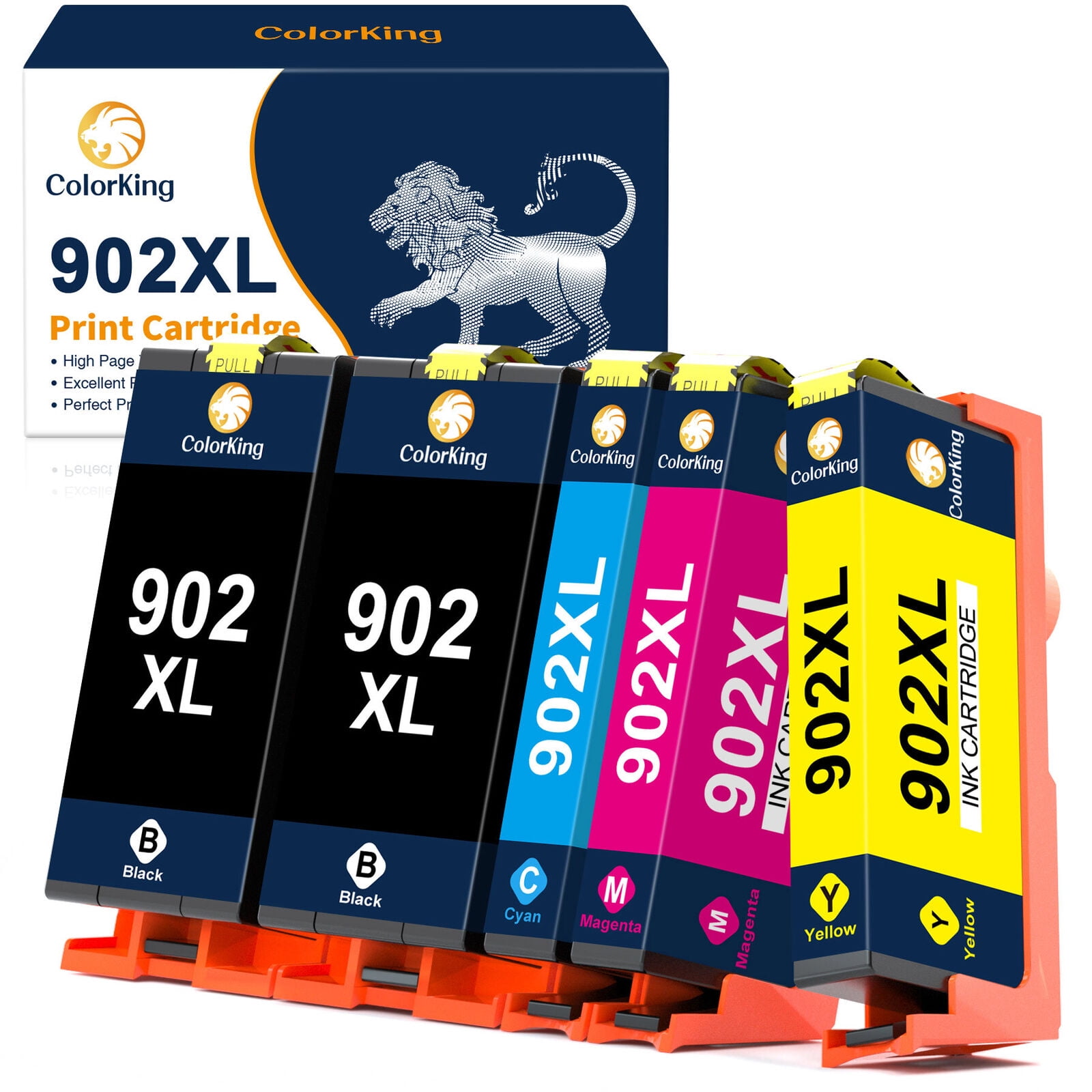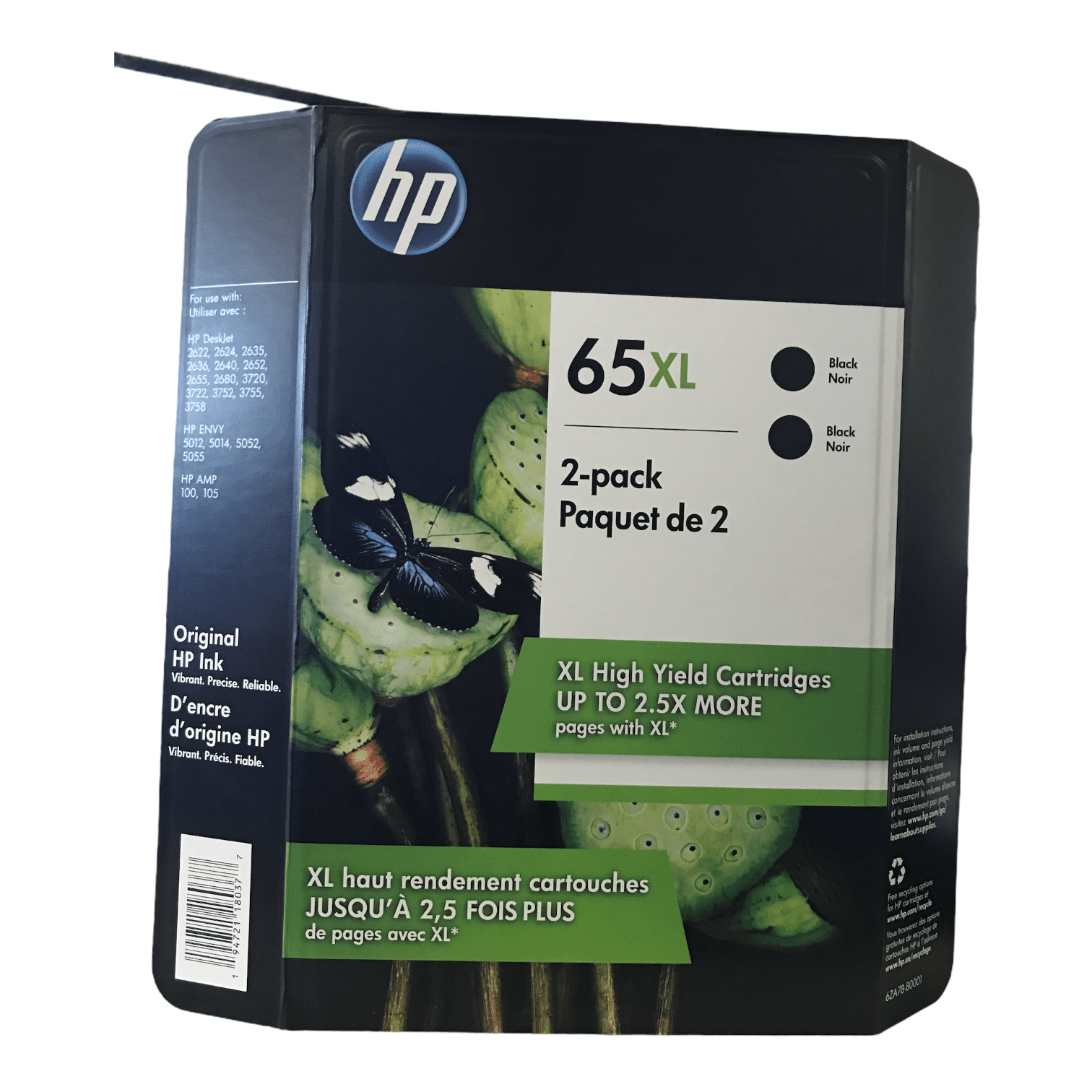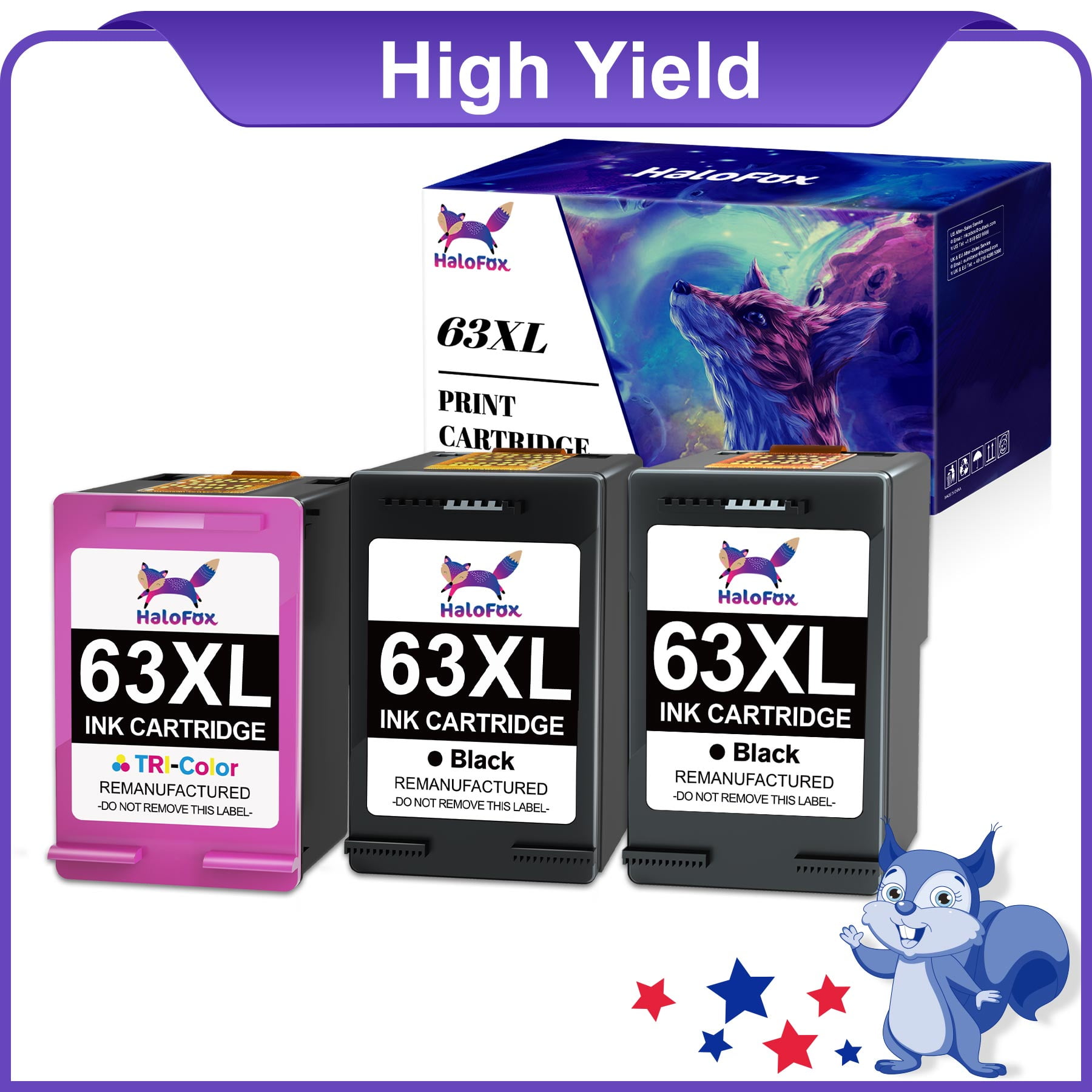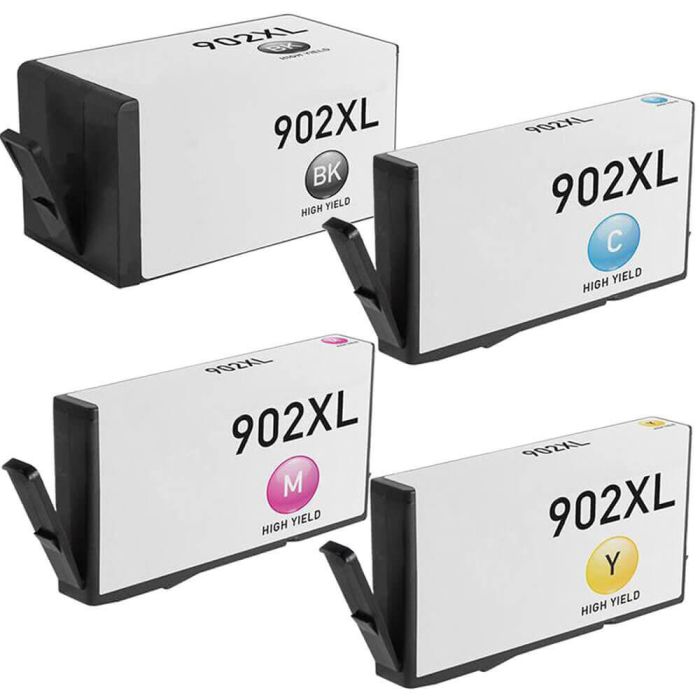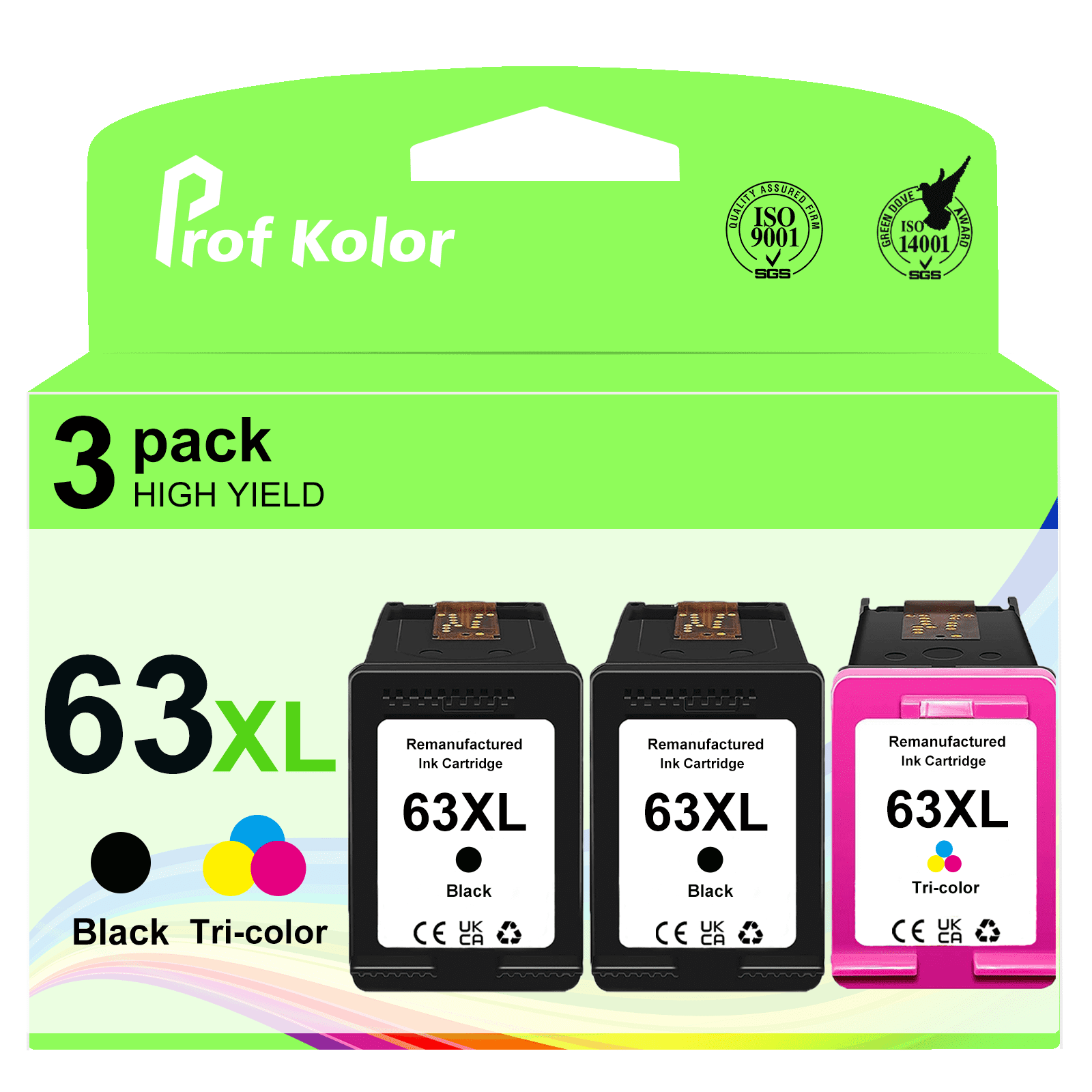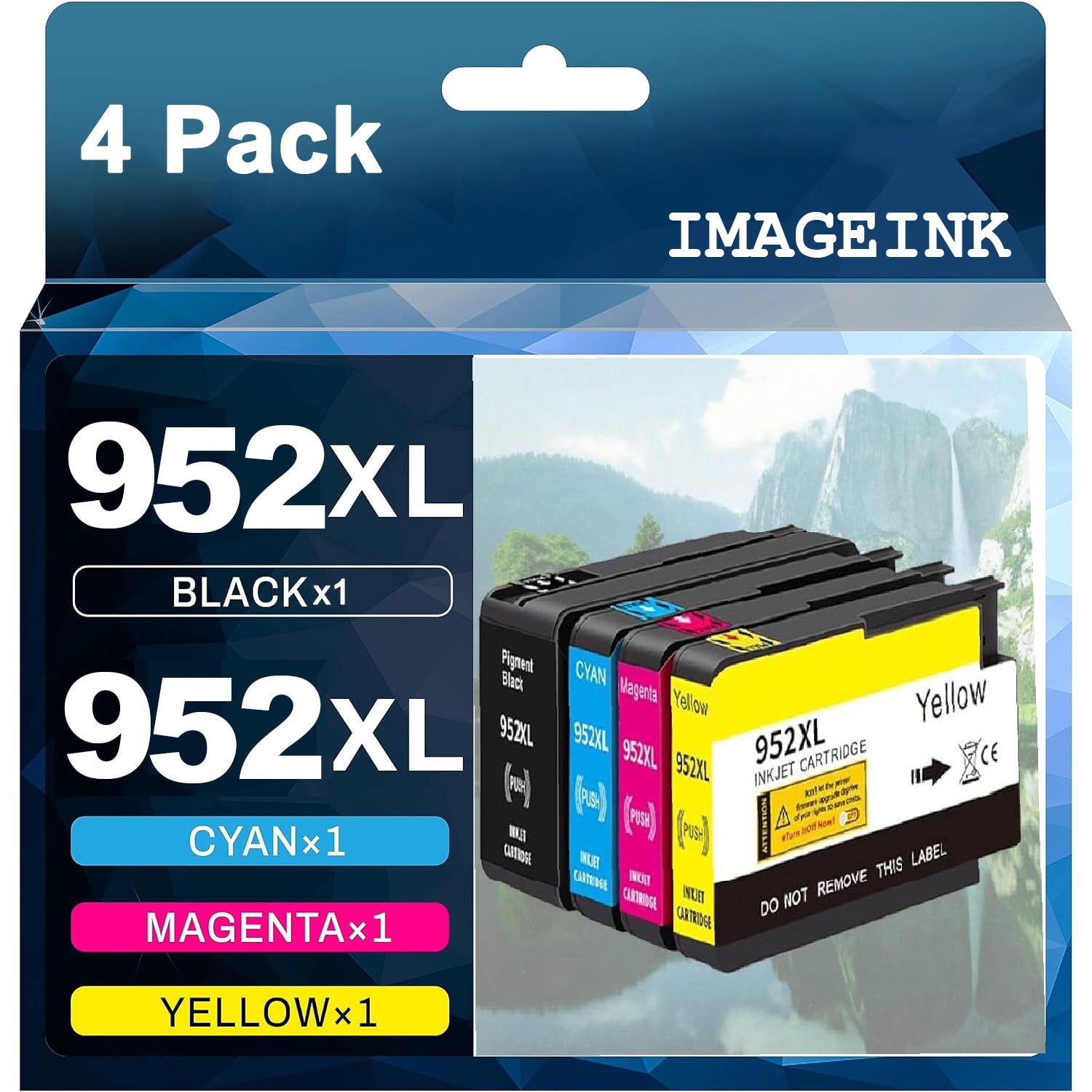How Much More Ink Is In An Hp Xl Cartridge
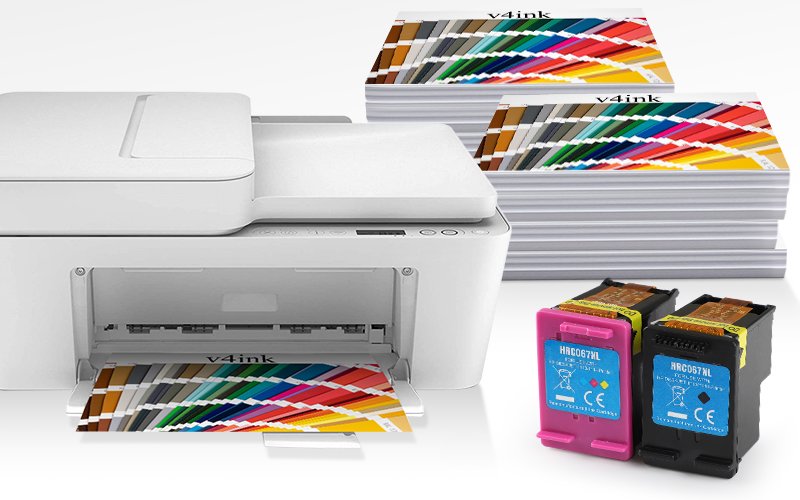
Imagine the frustration: You're printing out an important document, the culmination of hours of work, and suddenly, the dreaded "low ink" warning flashes on your screen. A sigh escapes your lips as you reach for a replacement cartridge. But have you ever wondered just how much more printing power you could squeeze out of an XL cartridge compared to its standard counterpart? The answer might surprise you.
This article delves into the world of HP printer cartridges, specifically exploring the difference in ink volume between standard and XL versions. Understanding this difference can save you money and reduce waste, allowing for more efficient and environmentally conscious printing.
The Ink Cartridge Conundrum
For years, consumers have navigated the complex landscape of printer ink, facing choices between standard and high-yield (often labeled XL) cartridges. The price difference is usually apparent, but the exact amount of extra ink, and therefore potential savings, can be a bit of a mystery.
HP, like other printer manufacturers, doesn't always explicitly state the exact ink volume in milliliters. Instead, they typically provide an estimated page yield, based on a standardized testing methodology.
Page Yield: The Key Metric
Page yield is the metric used to estimate how many pages a cartridge can print before running out of ink. This number is usually based on a 5% coverage on an A4 or letter-sized page, as determined by ISO/IEC 24711 testing standards.
According to HP's official product descriptions and datasheets (sourced from their website and verified through independent reviews), an XL cartridge consistently offers a significantly higher page yield than its standard counterpart.
A Concrete Example: HP 63 vs. HP 63XL
Let's take a common example: the HP 63 black ink cartridge versus the HP 63XL black ink cartridge. The standard HP 63 black cartridge has an approximate page yield of 190 pages. In contrast, the HP 63XL black cartridge boasts an approximate page yield of 480 pages.
This means the XL version provides roughly 2.5 times the printing capacity of the standard cartridge.
While the price of the XL cartridge is higher, the cost per page is typically lower, making it a more economical choice for users who print frequently.
Beyond the Numbers: Real-World Benefits
The benefits of choosing an XL cartridge extend beyond just cost savings. Fewer cartridge replacements mean less packaging waste, contributing to a more sustainable printing practice.
It also reduces the inconvenience of frequently changing cartridges, particularly during large print jobs.
Moreover, having a higher-capacity cartridge can offer peace of mind, knowing you're less likely to run out of ink at a critical moment.
Making an Informed Decision
Ultimately, the choice between standard and XL cartridges depends on individual printing needs and habits. If you only print occasionally, a standard cartridge might suffice.
However, for users who print regularly, the higher initial investment in an XL cartridge is likely to pay off in the long run, offering both economic and environmental advantages.
Always compare the page yield and price per page before making a purchase to ensure you're getting the best value for your money.
So, the next time you're facing the ink cartridge dilemma, remember to look beyond the initial price tag. By understanding the page yield and considering your printing habits, you can make a more informed decision and unlock the true potential of those XL cartridges, printing more and worrying less.
